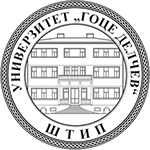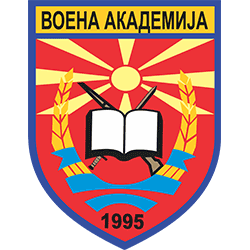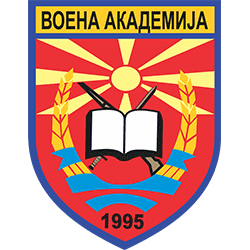EU Horizon 2020 project - iNteracting netwOrk of inTelligence and securIty practitiOners with iNdustry and acadEmia actorS

The vision of the NOTIONES network is to build and maintain a pan-European ecosystem of security and intelligence practitioners in order to (1) monitor technologic opportunities and advancements and best practices and (2) define and refine requirements and standardization needs.



